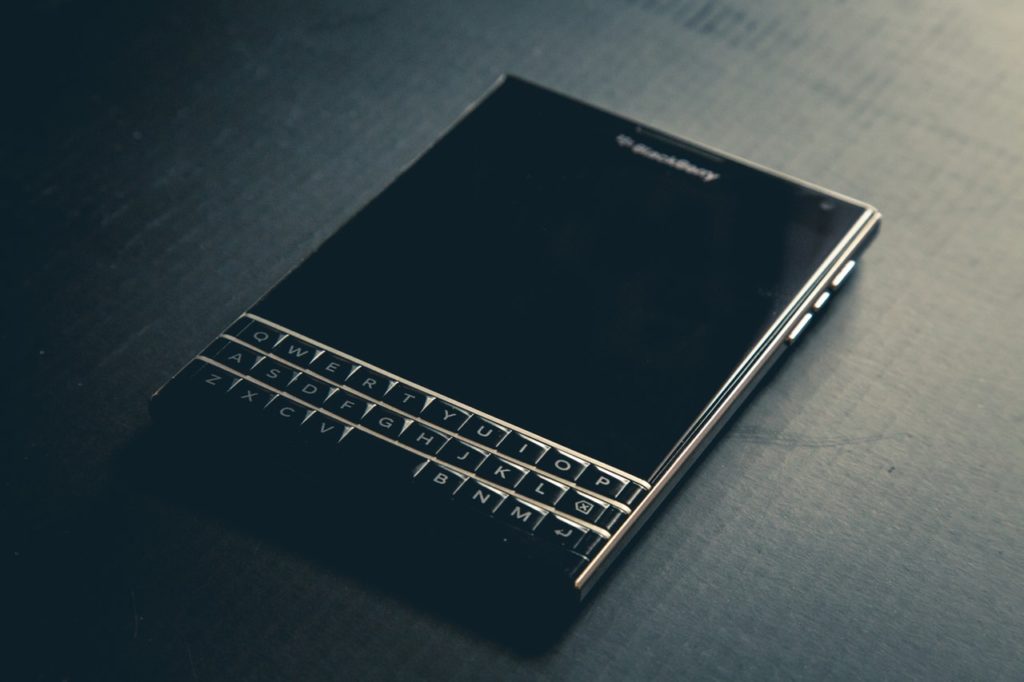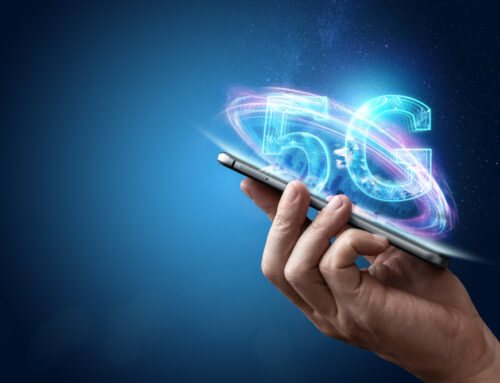 Remember Research in Motion, or RIM? At one time, RIM was the unrivalled heavyweight in the business mobile phone market. It specialised in phones with keyboards, a practical choice for a device that blended email, phone, and instant messaging before the days of encrypted chat. Even President Obama admitted to being addicted to his specially-secured BlackBerry handset.
Remember Research in Motion, or RIM? At one time, RIM was the unrivalled heavyweight in the business mobile phone market. It specialised in phones with keyboards, a practical choice for a device that blended email, phone, and instant messaging before the days of encrypted chat. Even President Obama admitted to being addicted to his specially-secured BlackBerry handset.
But RIM started to falter, despite a succes
sful move into consumer devices and low-cost BlackBerry handsets. It brought out its PlayBook tablet to poor reception, eventually selling most at a loss, and a move to rename the company to BlackBerry failed to boost its brand. While handsets are still on sale, they now have only a passing connection to the original company.
Where Did Research in Motion Go Wrong?
Despite the fact that businesses liked the security that BlackBerry handsets provided, developers weren’t keen to develop apps for its operating system. That was a big factor in sales dropping; there just wasn’t the software to support the hardware.
After a hiatus, BlackBerry relented and released two handsets in 2013 that used a new OS, BlackBerry 10. One of these didn’t have a keyboard, which had previously been BlackBerry’s USP. It then released another handset in Indonesia the following year while the company scrambled to find a new direction.
In the end, it was the inexorable rise of the iPhone that proved too much for RIM (or BlackBerry as the company was known from 2013 onwards). The company’s stock fell 87% between 2010 and 2013. Its market share in the USA fell from 37% to 0.8% between 2010 and 2016.
From 2015 onwards, BlackBerry relented and moved to Android in an attempt to pull back some market share. However, the company retained interest in using BlackBerry 10.
Buying a BlackBerry in 2019
BlackBerry Limited — the company that was rebranded from Research in Motion — no longer actively develops mobile phones.
However, the BlackBerry name, and elements of the design, live on in a licensed form. New BlackBerry Mobile handsets are made by TCL Limited, with the original designers having a degree of input into their design.
The original BlackBerry company — BlackBerry Limited — now focuses on security software.
Some mobile phone users still miss their BlackBerry phones, and for good reason. RIM was adept at cramming a full QWERTY keypad into a small space. You might argue that the company would have survived if it had adopted Android apps sooner. It may well have done better than it did. But let’s not play down the phenomenal growth of the iPhone, and the massive clout that Apple has as a brand.
If you’re still interested in owning a BlackBerry, you could check out the two new phones from BlackBerry Mobile — the KeyOne and KeyTwo. Both run Android but give you the option of having that keyboard that other phones lack.
Although Phoenix Cellular don’t stock used Blackberry devices, we do stock a range of used Apple and Samsung devices, speak to our trade team today to find out more.


